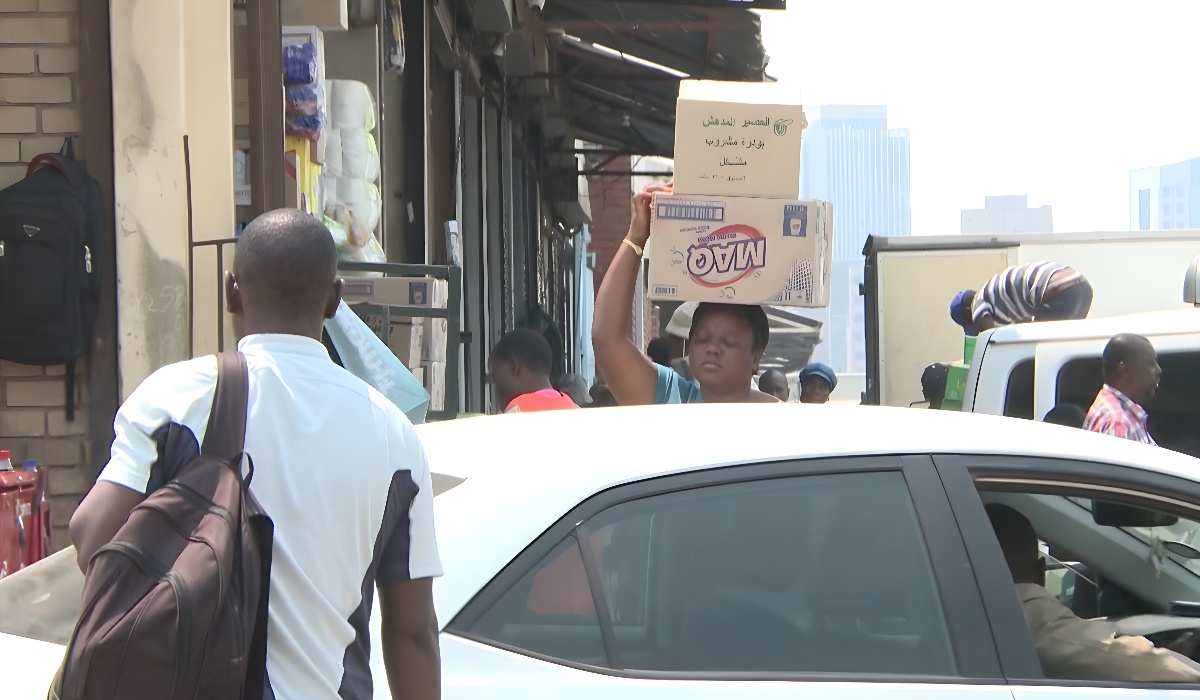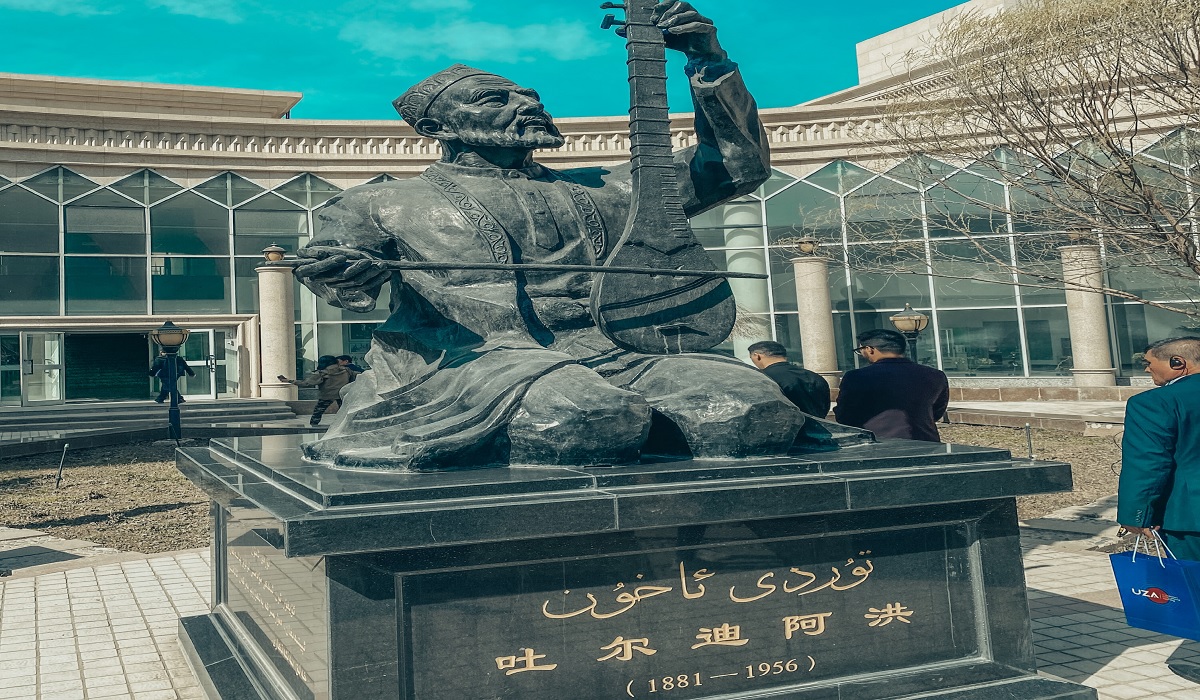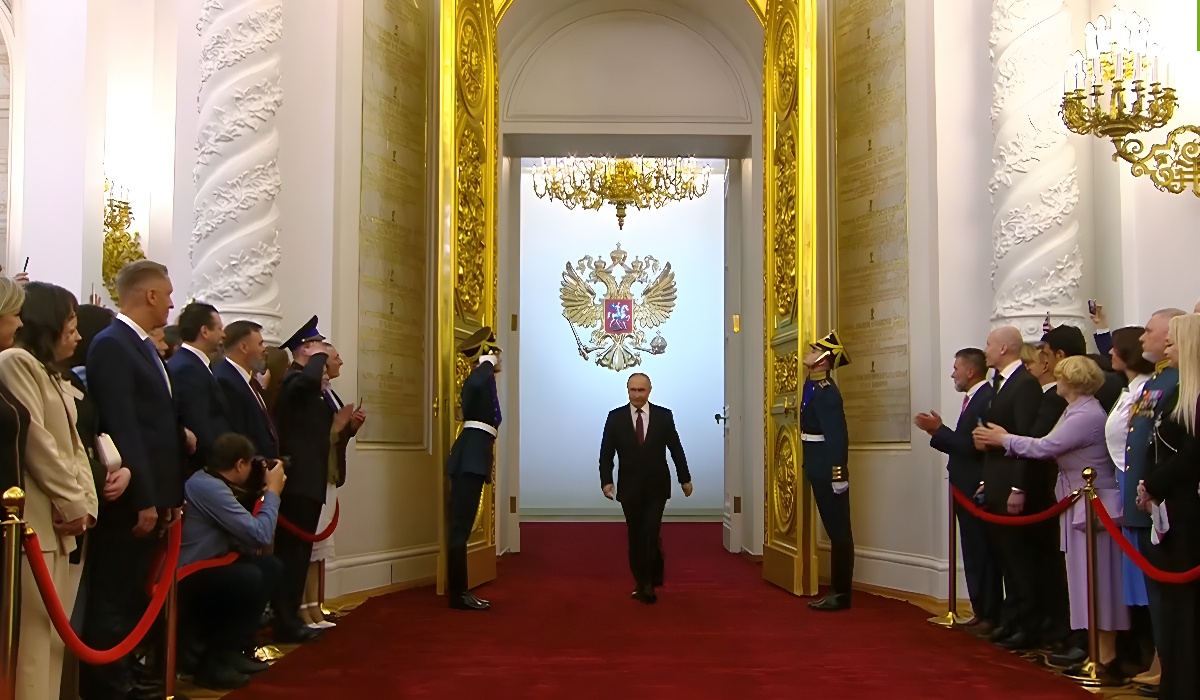Image credit, CGTN’s Farai Mwakutuya reporting from Harare
Zimbabwe’s economic woes continue to deepen as the country grapples with a severe drought and plummeting commodity prices, according to recent reports. The combination of these factors is expected to stifle economic growth, with projections from the International Monetary Fund (IMF) indicating a slowdown to 3.2 percent, down from 5.3 percent in the previous year.
The devastating drought, which has ravaged over a million hectares of maize crops, is anticipated to have a significant impact on both public and consumer spending, exacerbating the nation’s economic challenges. Christopher Mugaga, CEO of the Zimbabwe National Chamber of Commerce, highlighted the strain on various economic indicators, attributing the situation to the currency crisis that is affecting businesses and households alike.
In response to the crisis, the government has announced plans to reallocate funds from certain projects to address the effects of the drought. However, the reliance on revenue from the mining sector is set to diminish due to the downturn in global commodity prices. The Chamber of Mines has reported a decline in revenues, tax contributions, and job opportunities, along with the postponement of key projects.
Thomas Gono, President of the Zimbabwe Chamber of Mines, emphasized the stagnation in growth that is anticipated in the near future, particularly impacting critical sectors such as platinum group minerals and lithium, which are vital for foreign currency earnings. To mitigate the challenges faced by the mining industry, the Chamber of Mines is advocating for fiscal incentives, including a review of power tariffs and tax relief measures.
Gono urged the government to defer the introduction of new taxes, such as the special capital gains tax and increased royalties for lithium and platinum, to alleviate the burden on the mining sector during these challenging times.
Amidst these difficulties, the IMF’s projection of a modest 3.2 percent economic growth for Zimbabwe underscores the significant hurdles ahead. With declining mineral prices and a harsh drought continuing to hamper progress, stakeholders are calling for concerted efforts to navigate the country through these turbulent economic waters.
As Zimbabwe grapples with these challenges, the resilience of its economy will be tested, and the efficacy of government policies in addressing these issues will be closely scrutinized in the coming months.









